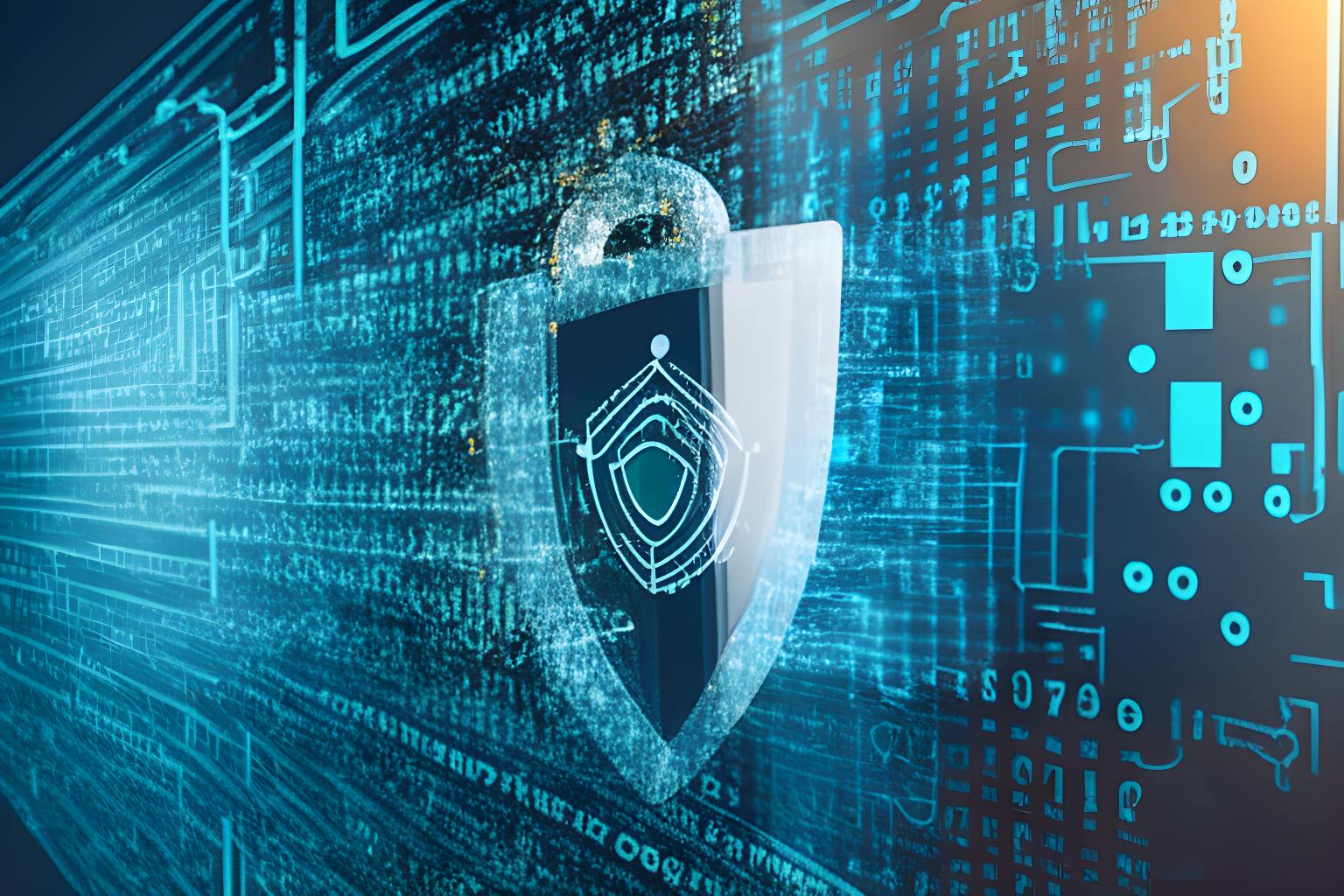209 reads
Four Tips for Capitalizing on Security Posture to Expedite Business Growth
by
April 18th, 2023
Audio Presented by

Founder and CEO of Eden Data, a cybersecurity company offering a retainer model of security leadership for startups
About Author
Founder and CEO of Eden Data, a cybersecurity company offering a retainer model of security leadership for startups
